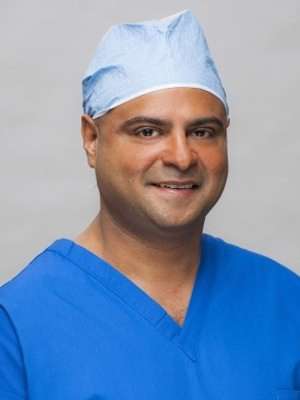The guidelines provided by the New York State Workers Compensation Board present general principles for Neuro-Otology, specifically focusing on Vestibular and Audiological Evaluation. These directives aim to assist healthcare professionals in determining appropriate strategies for evaluating the vestibular (balance) and auditory functions in individuals, forming a part of a comprehensive assessment.
Healthcare practitioners specializing in Neuro-Otology, particularly in Vestibular and Audiological Evaluation, can rely on the guidance from the Workers Compensation Board to make well-informed decisions about the most suitable approaches for assessing balance and hearing in their patients.
It is essential to emphasize that these guidelines are not intended to replace clinical judgment or professional expertise. The ultimate decision regarding Neuro-Otology evaluations should involve collaboration between the patient and their healthcare provider.
Vestibular and Auditory Assessment in TBI Patients: Recommendations
Patients with TBI commonly experience vestibular and audiological dysfunction, manifested through symptoms like hearing loss, dizziness, and balance issues. A comprehensive evaluation, including clinical and neurotologic assessments, is crucial. Diagnostic testing for significant pathology may encompass audiometry, tympanometry, and vestibular function tests such as ENG/VNG and rotary chair testing, based on clinical indications. Some tests might require repetition for a clearer diagnosis and effective treatment planning.
Auditory Evaluation in TBI Patients: Recommendations
For patients with reported hearing loss, tinnitus, or balance disturbance, audiometry is recommended, especially if the TBI resulted from a blast. Screening all TBI patients with audiometry is advisable due to its low threshold. This assessment aims to identify and quantify hearing deficits, determine the type of hearing loss, and assess candidacy for correction with hearing aids. A baseline measure is recommended, and a second assessment at the end of the healing period may be necessary.
Tympanometry:
Tympanometry is recommended for select patients experiencing hearing loss, tinnitus, or balance issues. This procedure measures middle ear pressures and aids in identifying conditions such as tympanic membrane perforations, ossicular abnormalities, disruptions, and the presence of fluid in the middle ear resulting from head trauma.
Brainstem Auditory Evoked Response (BAER):
BAER is recommended for select patients with severe TBI when common methods such as bedside testing or audiometry are not feasible. This test, which may be used at baseline, helps assess the auditory system. If abnormalities persist and hinder other testing methods, follow-up testing with BAER is deemed reasonable.
Vestibular Function Testing:
Vestibular function testing serves to define the severity, potential underlying causes, and expected outcomes of an individual’s dizziness and balance disturbances. This testing can be beneficial in assessing and managing vestibular dysfunction in TBI patients.
Rotary Chair Testing: Recommended for select patients to assess the vestibular impacts of TBI. Rotary chair testing evaluates vestibular and oculomotor functioning, specifically addressing issues such as dizziness and balance problems associated with TBI. This assessment is typically conducted once.
Electro- or Video-Nystagmography (ENG/VNG): Recommended for select patients to assess dysequilibrium and dizziness linked to TBI. ENG/VNG measures inner ear and central balance function, providing valuable insights for patients requiring additional diagnostic evaluation of vestibular function. The test measures eye movement responses to inner ear balance stimulation, utilizing the vestibulo-ocular reflex. This assessment is generally conducted once.




